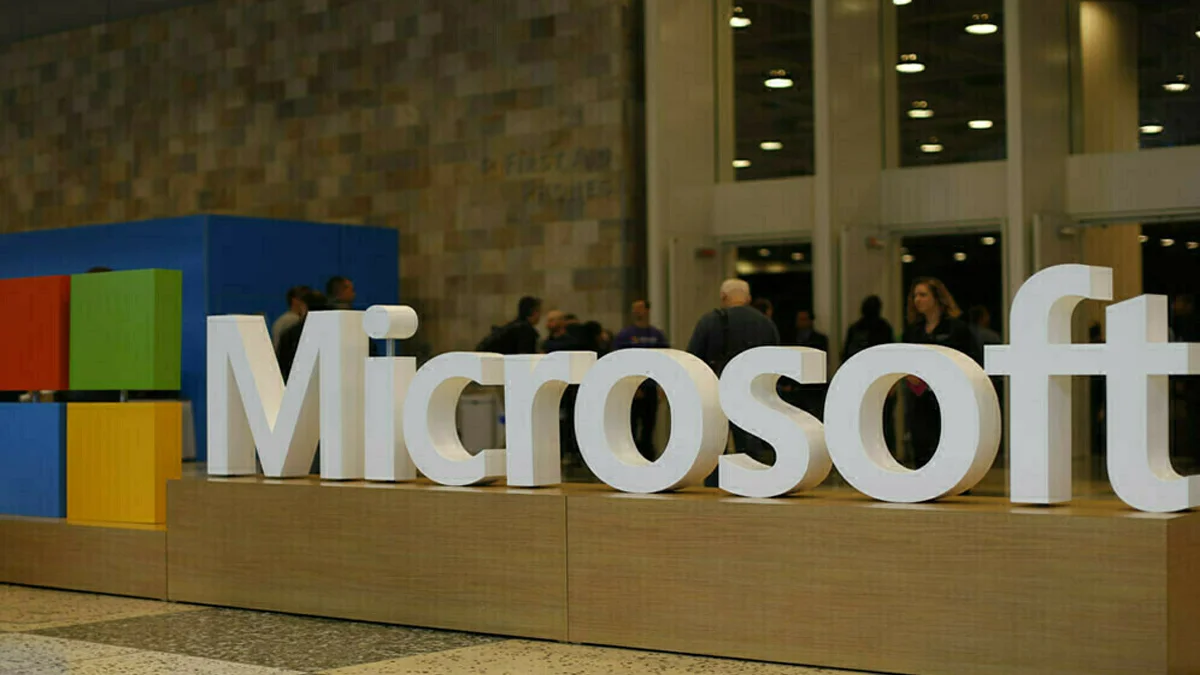Necessary Always Active
Necessary cookies are required to enable the basic features of this site, such as providing secure log-in or adjusting your consent preferences. These cookies do not store any personally identifiable data.
|
||||||
|
||||||
|
||||||
|

Microsoft is investing $400 million to expand its cloud and artificial intelligence (AI) capabilities in Switzerland. As reported by MSN, this move strengthens Microsoft’s long-standing presence in Switzerland and builds on its commitment to the country’s digital future.
The company has worked in Switzerland for over 36 years and continues to support the country’s innovation, economy, and digital resilience. This new investment includes upgrading data centers, helping small businesses and startups adopt AI, and training one million people in AI skills by 2027.
A big part of Microsoft’s investment will go towards expanding and upgrading its data centers near Zurich and Geneva. These centers will use the latest AI infrastructure, including advanced graphics processing units (GPUs). This will help meet the growing demand for AI services, especially in regulated sectors like healthcare, finance, and government.
These upgrades will support over 50,000 existing Microsoft customers in Switzerland and attract new users looking for powerful and secure AI tools. By keeping data within Swiss borders, Microsoft ensures that organizations can follow strict national data protection laws.
Microsoft’s Vice Chair and President, Brad Smith, said, “Switzerland has created one of the world’s leading innovation ecosystems, blending world-class research with real-world applications.” He added that this investment would strengthen Switzerland’s competitiveness and economic resilience.
One example is UBS, one of the world’s largest banks, which relies on Microsoft’s cloud services to scale operations globally while keeping data local. Mike Dargan, UBS’s Group Chief Operations and Technology Officer, said, “UBS’s partnership with Microsoft in Switzerland is long-standing. We are working together to support UBS’s ambition to be a technology leader in financial services.”
Hospitals like Luzerner Kantonsspital (LUKS) also benefit from Microsoft’s expanded infrastructure, using AI to improve patient care and hospital management.
Microsoft is also investing in Switzerland’s innovation ecosystem, especially in startups and small and medium-sized enterprises (SMEs). These businesses are the backbone of Switzerland’s economy, and Microsoft wants to help them grow using AI.
The company is partnering with Switzerland Innovation Parks to turn research into real-world applications across industries. This will help startups move their AI projects from the lab to the market faster.
Since 2019, Microsoft’s “Microsoft for Startups” program has supported over 1,500 local startups with CHF 30 million in tech resources, creating over 11,000 jobs. The Swiss AI Tech Accelerator Community will continue in fall 2025, helping new startups develop and scale they’re AI solutions through mentorship, training, and expert support.
To prepare the workforce for the future, Microsoft plans to train one million people in Switzerland in AI skills by 2027. This includes programs for students, teachers, apprentices, nonprofit workers, and professionals from all sectors.
Catrin Hinkel, CEO of Microsoft Switzerland, said, “We are steadfast in our mission to empower our customers and partners, as AI’s true potential is unlocked when innovation meets real-world implementation.”
Some training projects include AI learning programs for students in applied sciences through FH Schweiz, AI guides for SMEs through Innovate Switzerland, Partnerships with chambers of commerce and nonprofit groups, and Cybersecurity and AI training with the CyberPeace Institute.
Microsoft is also supporting apprenticeships and workforce training with companies like Bühler, in collaboration with Switzerland’s State Secretariat for Education, Research, and Innovation.
Microsoft’s investment also aims to support Switzerland’s role in global AI governance. Geneva is home to many international organizations, and Microsoft works closely with groups like the United Nations to develop responsible AI policies and programs.
The company helps multilateral organizations use AI to tackle global challenges in health, human rights, migration, and disaster response. For example, Microsoft and UNHCR are improving refugee services using digital tools, Microsoft and IOM are using AI to help migrants find legal migration paths, Microsoft and OHCHR are creating a roadmap for using AI to promote human rights, and Microsoft works with IFRC to serve vulnerable communities through AI-powered platforms.
Federal Councillor Guy Parmelin said, “This initiative is putting trust into Switzerland, in our people, and in our ability to push the boundaries of AI. It is a sign of confidence in Swiss stability, quality, and innovation.”
Microsoft’s investment also supports its global sustainability goals. The company plans to become carbon negative, water positive, and zero waste by 2030. In Switzerland, all Microsoft data centers run on renewable energy.
In 2024, Microsoft signed a deal with Swiss company Neustark for biogenic carbon removal, showing its commitment to climate-friendly operations.